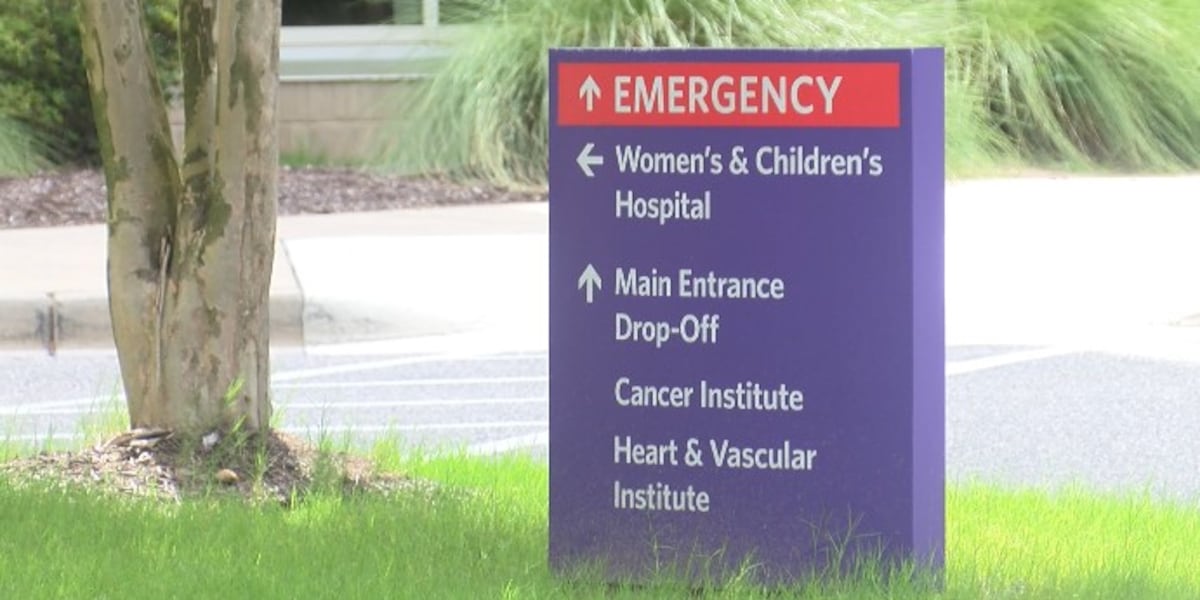Why RFK Jr.'s Vaccine Views Make Sense (According to a Growing Number of South Africans)

The Rise of Narrative Denial
For years, science denial has been largely understood as a rejection of specific scientific findings – climate change, evolution, the safety of vaccines, for example. However, a growing body of research suggests a more complex and insidious form of denial is at play: narrative denial. This isn’t simply about disputing data; it’s about rejecting the overarching narratives and worldviews that underpin scientific understanding. It's about questioning the legitimacy of the institutions and experts who produce that knowledge.
Narrative denial thrives on distrust. It capitalizes on feelings of alienation, powerlessness, and a sense that established authorities are out of touch or even actively working against the public interest. It often involves constructing alternative narratives, frequently rooted in conspiracy theories or appeals to personal experience, that offer a sense of control and meaning in a complex world.
Robert F. Kennedy Jr.'s views on vaccines, which have been widely criticized by the medical community, can be understood through the lens of narrative denial. He doesn't just dispute individual studies or data points; he challenges the entire narrative surrounding vaccine safety and efficacy. He questions the motives of pharmaceutical companies, the integrity of regulatory agencies, and the expertise of mainstream medical professionals.
Kennedy skillfully taps into existing anxieties and distrust. His rhetoric resonates with individuals who feel marginalized or unheard by traditional institutions. He presents himself as a champion of the underdog, fighting against a powerful and corrupt system. This resonates deeply with many, regardless of their scientific literacy.
The concept of narrative denial finds particular resonance in South Africa. The country's history of colonialism, apartheid, and systemic inequality has fostered a deep-seated distrust of authority and institutions. The legacy of these injustices continues to shape public perceptions and fuel scepticism towards established narratives.
Furthermore, the ongoing challenges of poverty, unemployment, and inadequate healthcare exacerbate these feelings of distrust. People struggling to access basic services are more likely to question the pronouncements of experts and seek alternative explanations for their circumstances.
The COVID-19 pandemic further amplified these trends. The rapid development and rollout of vaccines, coupled with government restrictions and public health measures, fueled anxieties and conspiracy theories, providing fertile ground for narrative denial to flourish. RFK Jr.'s message, echoing themes of distrust and questioning authority, has found a receptive audience within this context.
Combating narrative denial requires more than simply presenting facts and data. It demands a deeper engagement with the underlying anxieties and distrust that fuel it. Building trust in institutions, promoting transparency, and addressing systemic inequalities are crucial steps.
Open and respectful dialogue is also essential. Dismissing those who hold alternative views as simply “misinformed” or “anti-science” is counterproductive. Instead, it’s important to understand the narratives they are drawing on and address the underlying concerns that drive their beliefs. This requires empathy, patience, and a willingness to engage in difficult conversations.
Ultimately, tackling narrative denial is about rebuilding trust and fostering a culture of critical thinking and informed decision-making – a challenge that is particularly relevant in South Africa and beyond.


:max_bytes(150000):strip_icc()/VWH-GettyImages-1709980394-c943de9423bd46248bbc6de7587badc9.jpg)
